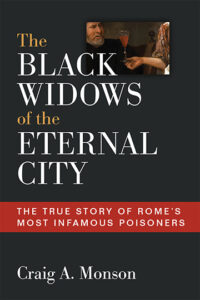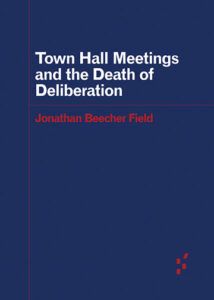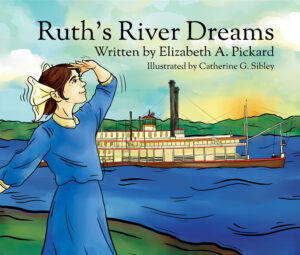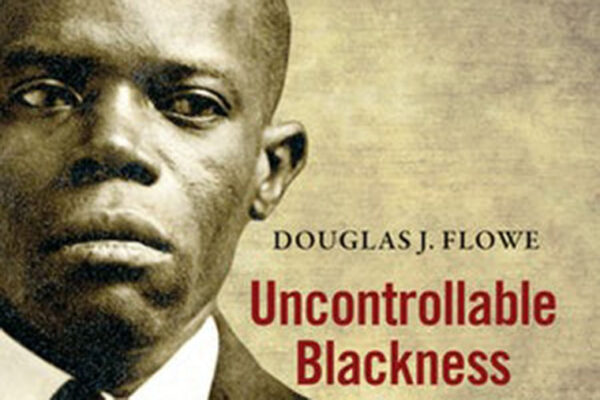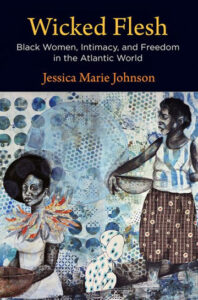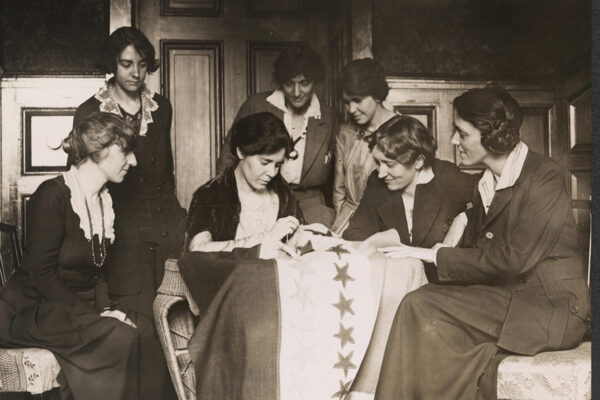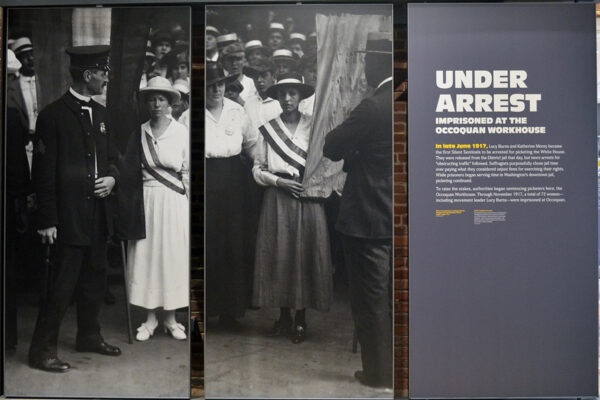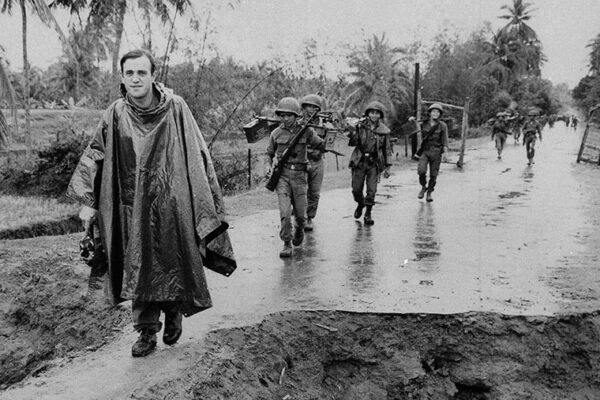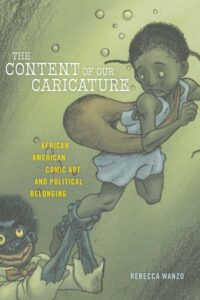The Black Widows of The Eternal City
The true story of Rome's most infamous poisoners
“The Black Widows of the Eternal City” offers, for the first time, a book-length study of an infamous cause celebre in seventeenth-century Rome, how it resonated then and has continued to resonate: the 1659 investigation and prosecution of Gironima Spana and dozens of Roman widows, who shared a particularly effective poison to murder their husbands. […]
John Dryden
Selected Writings
This volume in the 21st Century Oxford Authors series offers students an authoritative, comprehensive selection of the poetry and prose of John Dryden, the most important poet, dramatist, translator, and literary theorist of the later seventeenth century. He wrote across the tumultuous decades of political and cultural revolution — years stretching from the end of […]
Town Hall Meetings and the Death of Deliberation
Jonathan Beecher Field, AB ’91, tracks the permutations of the town hall meeting from its original context as a form of democratic community governance in New England into a format for presidential debates and a staple of corporate governance.
Ruth’s River Dreams
A schoolteacher, principal, amateur historian, and avid lover of the Mississippi River, Ruth Ferris (1897–1993) was a singular steward of St. Louis’s maritime heritage. Her lifelong love of the Mississippi and its riverboat culture spanned over 70 years, encompassing research, photography, excavating sunken vessels, collecting artifacts, and forming friendships with other river enthusiasts. Ruth’s River Dreams tells […]
‘Uncontrollable Blackness’
In his new book, “Uncontrollable Blackness: African American Men and Criminality in Jim Crow New York,” historian Douglas Flowe at Washington University in St. Louis investigates the meanings of crime, violence and masculinity in the lives of those facing economic isolation, segregation and overt racial attack.
Wicked Flesh
Black Women, Intimacy, and Freedom in the Atlantic World
The story of freedom pivots on the choices black women made to retain control over their bodies and selves, their loved ones, and their futures.
100 years after ratification
Four faculty members share their thoughts on the complicated history of the women’s suffrage movement, the ratification of the 19th Amendment, and their hopes for what we might do today to honor the anniversary.
Of prison cells and suffrage
Alumna Laura Adams McKie helped build a museum that teaches visitors about the suffrage movement and the prison where women were sent for picketing for the right to vote.
Chapman’s ‘Dateline–Saigon’ now streaming
“Dateline–Saigon,” a documentary about Vietnam War reporting produced by Richard Chapman, senior lecturer in film and media studies in Arts & Science at Washington University in St. Louis, has been released for streaming on iTunes, Amazon Prime and other platforms.
The Content of Our Caricature
African American Comic Art and Political Belonging
Traces the history of racial caricature and the ways that Black cartoonists have turned this visual grammar on its head. Revealing the long aesthetic tradition of African American cartoonists who have made use of racist caricature as a Black diasporic art practice, Rebecca Wanzo demonstrates how these artists have resisted histories of visual imperialism and […]
Older Stories
